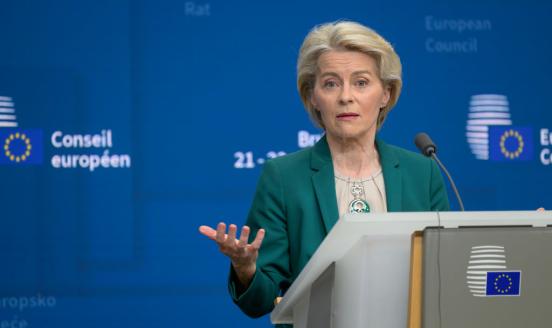The threat of low inflation in the eurozone
Is deflation becoming a threat to Europe? Gregory Claeys, Research Fellow at Bruegel, and Guntram Wolff, Director at Bruegel, discuss the issue. Their forthcoming publication – to be released next week on Bruegel’s website - will focus on the ECB’s options to address the threat of low inflation in the Eurozone.
Claeys and Wolff’s research shows that deflation is, in fact, a significant risk. Five out of eighteen countries are already in outright deflation, says Claeys. Given the current situation of the Eurozone, low inflation could even be harmful. But, what can the ECB actually do?
Wolff and Claeys suggest finding a monetary policy instrument that increases inflation, not just in southern countries, but also in the core of the euro area. However, problems in the banking system also need to be tackled. “Bank lending doesn’t work,” explains Wolff. “The monetary impulse given to the banking system often does not reach corporations and households.”
Besides these issues, the ECB also faces treaty constraints that limit its action. The report covers the pros and cons of the different policy options the bank can undertake. These are also explained briefly in this interview.



